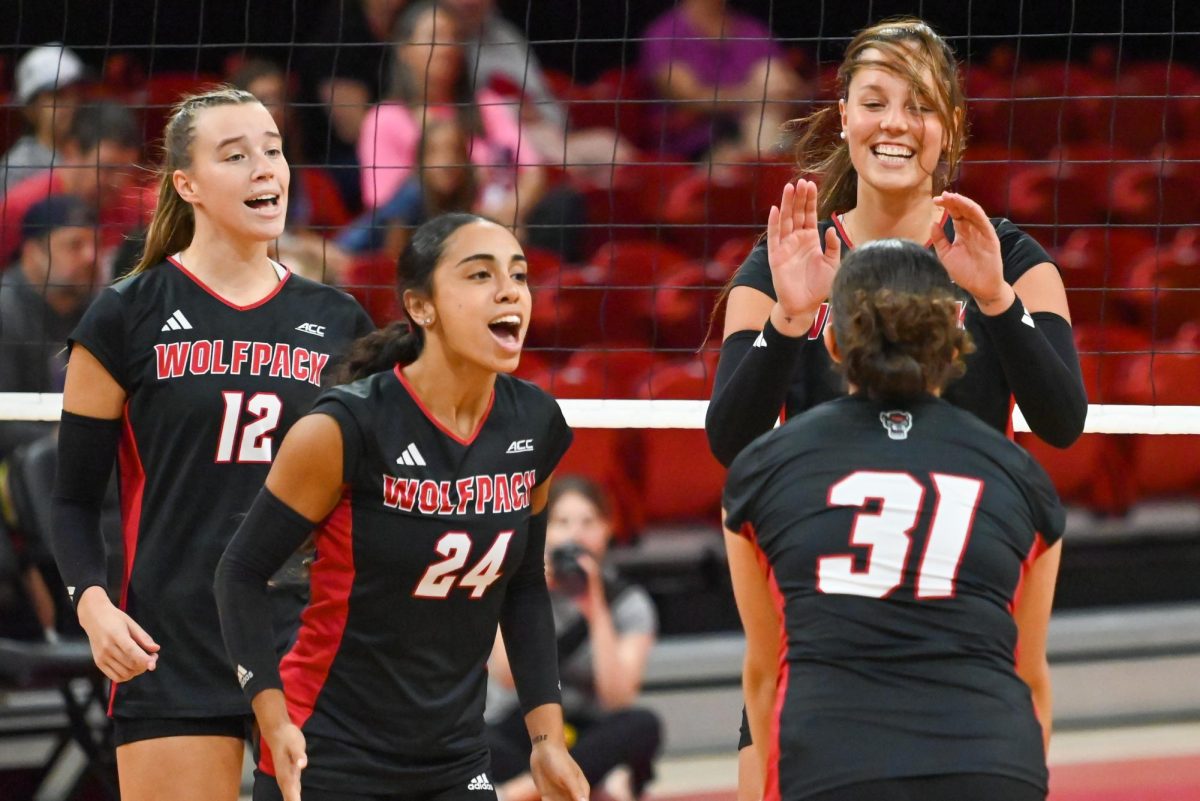The excuse that “I’m just bad at math” may no longer cut it. Some mathematicians believe that confidence – not genetics – is one key to success in the math classroom.
According to John Griggs, coordinator of classroom instruction in the Department of Mathematics, and Sandra Paur, director of the Math Honors Program, confidence is an important component of a student’s math performance.
Griggs said students are often held back by a belief that they are innately bad at math.
“It’s a self-fulfilling prophecy when you say, ‘I’m not good at it,’ and you say, ‘Well, that means I’m not going to spend my time trying to learn it,’” Griggs said.
Though only a few students have an innate talent for mathematics, most students can still succeed through perseverance, Griggs said.
“Just because it’s not necessarily easier for you, you can still battle and still get to the same place where they are,” Griggs said.
Confidence is not the most critical aspect of math, but it’s important, Griggs said. Students should have confidence in the fact that they can do math, and that they know their material well enough to master it.
Students who build connections with their prerequisite knowledge will likely become more confident math students, Griggs said.
“I try to connect it to what I think they already know,” Griggs said.
Another method for building student confidence is group homework, according Paur. Group homework allows the professor to pose problems of greater difficulty, and it also gives the students a chance to learn from each other.
“If I’m the only one explaining things to them, it doesn’t necessarily mean they will understand,” Paur said.
Paur also said that through group work, students learn that some problems require more time, effort and persistence.
Griggs said the persistence math requires can contrast with the quick and immediate modern world. He said mathematics is different from most media our generation interacts with because there is a different expectation of effort.
“Some of it is quick, and we can rejoice and be thankful for that,” Griggs said. “But some of it is a battle, and you’d better be willing to do battle from time to time.”
According to Paur, this persistence can add to a student’s confidence. Paur said that though many math problems are difficult to solve, doing so can be very satisfying.
In a 2007 study conducted by Columbia University, middle school students who believed they could change their own intelligence showed an increase in grades during a two year span. However, students who believed otherwise remained at their initial performance level.
“I think that’s with any subject though, not just math,” said Tyler Maltba, a sophomore in mathematics.
Maltba said that confidence can grow from successfully solving challenging problems.
“There’s a certain satisfaction when you have completed a task very well that you know is very difficult,” Maltba said.
Maltba also said that a common roadblock to performance is grade anxiety. Once students realize their grades aren’t a measure of personal success, they become more confident in their ability to learn the material for their own benefit, Maltba said.
“Instead of being told what to think, you’re learning for yourself how to think,” Maltba said.




